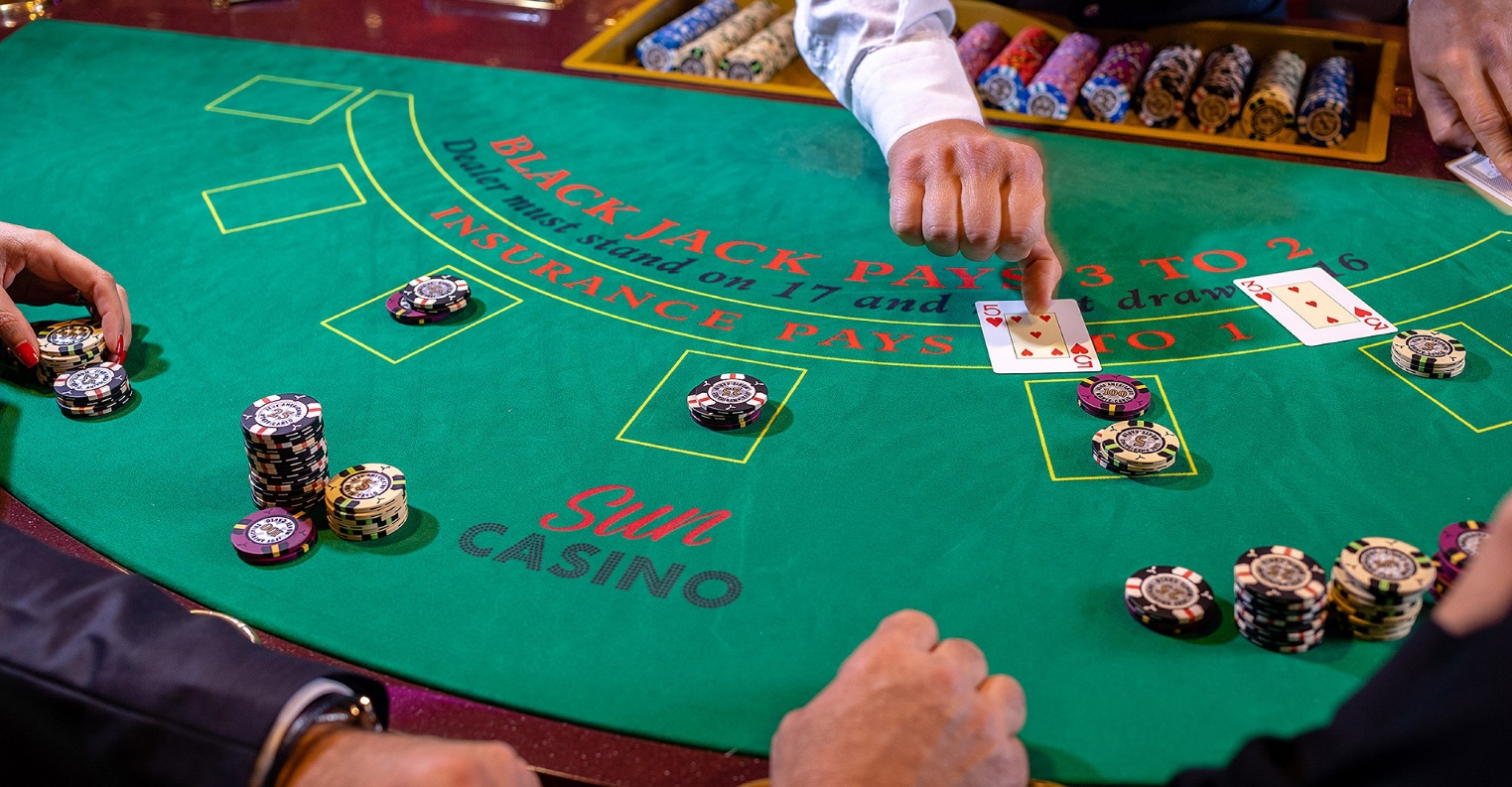
In recent years, the sphere of manga has exploded in its popularity, mesmerizing audiences across the globe. This medium, originating from Japan, combines intricate artwork with captivating storytelling, permitting readers to escape into fantastical realms and discover the depths of human emotion. Since manga has made its way into various cultures, it has given rise a passionate community of fans who express their love for these graphic narratives in ways that are both creative and profoundly personal.
At the heart of the flourishing scene is fan culture, a lively ecosystem that thrives on collaboration, creativity, and connection. Fandoms dedicated to manga commonly reach beyond mere appreciation of the art; they cultivate friendships, ignite artistic endeavors, and create safe spaces for those who feel a sense of inclusion. Fans engage through conversations, fan art, cosplay, and even conventions, all contributing to adding to a vibrant tapestry of shared experiences that applauds the rich world of manga. Through this lens, we can explore the unique relationship between manga and its dedicated admirers, exposing how this cultural phenomenon has transformed into a reality that is far greater than just a form of entertainment.
The Development of Manga Enthusiasm
Manga fandom has experienced a remarkable evolution from its origin in Japan. In the beginning, manga was mostly consumed by a niche audience, with magazines and serialized stories appealing to specific demographics. Yet, with the growth of anime adaptations and the internet, manga entered a different era, reaching a universal audience and different fan bases. Fans began to involve themselves with their favorite series beyond mere reading; they created fan art, wrote fan fiction, and participated in virtual conversations that helped shape the climate surrounding manga.
The arrival of digital networking and web platforms even accelerated the growth of manga fandom. Online sites dedicated to manga translation made it easier for non-Japanese fans to discover and disseminate their beloved manga titles. Platforms like Twitter, Tumblr.com, and Reddit.com became hotspots for fans to converge, discuss theories, and exchange engaging content. These interactions cultivated a spirit of community, where fans joined over common interests and created connections that crossed geographical boundaries.
In recent years, the growth of fan conventions and events dedicated to anime and manga has established the fandom’s role in celebrated culture. Costume play has become a noteworthy aspect of expressing one’s affection for individual personages and stories, exhibiting creativity and dedication within the community. The progress of manga fandom is not just about consumption but also about participation, working together, and the honoring of art and narrative that keeps to energize and unite fans from the world.
Community Participation and Events
Manga fandoms thrive on engagement and connection among fans, and various events play a crucial role in nurturing these connections. Festivals dedicated to comic art, anime culture, and broader pop culture attract thousands of participants who share their enthusiasm for the medium. These events often feature talks with creators, workshops, and merchandise stalls, creating an interactive experience for fans. Attendees dress up as their favorite characters, showcasing their affection for specific stories and allowing for social interactions centered around shared interests.
Virtual environments have also transformed the way comic fans connect. Social media channels, discussion boards, and dedicated websites provide fans with areas to chat about their favorite series, share artwork, and involve themselves in storytelling writing. Streaming events, real-time chats, and online gatherings have broadened the outreach, enabling fans from diverse backgrounds and regions to come together. The engagement fosters a sense of belonging, as fans find like-minded individuals who resonate with the same titles, figures, and motifs that affect their existence.
In addition to online interactions, local meetups and reading clubs have become trending avenues for fans to connect with manga. These events offer a chill environment for sharing opinions and suggestions about new releases. Bookstores and community centers often host gatherings that feature discussions about popular series or new releases, drawing in fans eager to enhance their manga collections. By promoting community engagement through these events, dedicated fans create an ecosystem that not only celebrates the art form but also strengthens the relationships within the fanbase.
spintax
### Impact of Social Media on Fan Culture
Social networks has changed how fans of manga interact with each other. Platforms like X, IG, and TikTok allow fans to post their thoughts, artworks, and interpretations of their favorite series in real time. This immediate interaction fosters a sense of community, allowing fans to celebrate their common passions and bond over their beloved characters and story arcs. NetTruyenViet The ease of access of these sites liberates fan culture, allowing anyone with a love for manga to join the dialogue.
Additionally, social media serves as a strong tool for manga creators and publishers to directly reach their audience. Creators can share their work and receive immediate feedback, which encourages interaction and cooperation with their fans. This immediate connection of communication has led to an increase in fan-created content, including translations by fans and adaptations, which can enhance the manga experience. The ability to interact with creators has also made fandoms more active, with fans feeling more connected than ever to the origins of their interests.
On the other hand, the growth of social media can also lead to challenges within fandoms. The rapid spread of information and opinions can sometimes result in toxicity, where discourse turns hostile or exclusionary. Arguments over character interpretations or story developments can escalate, leading to divisions among fans. In spite of these challenges, the overall impact of social media on manga fan culture is profound, uniting varied communities and enhancing the way fans engage with and connect with their beloved shows.